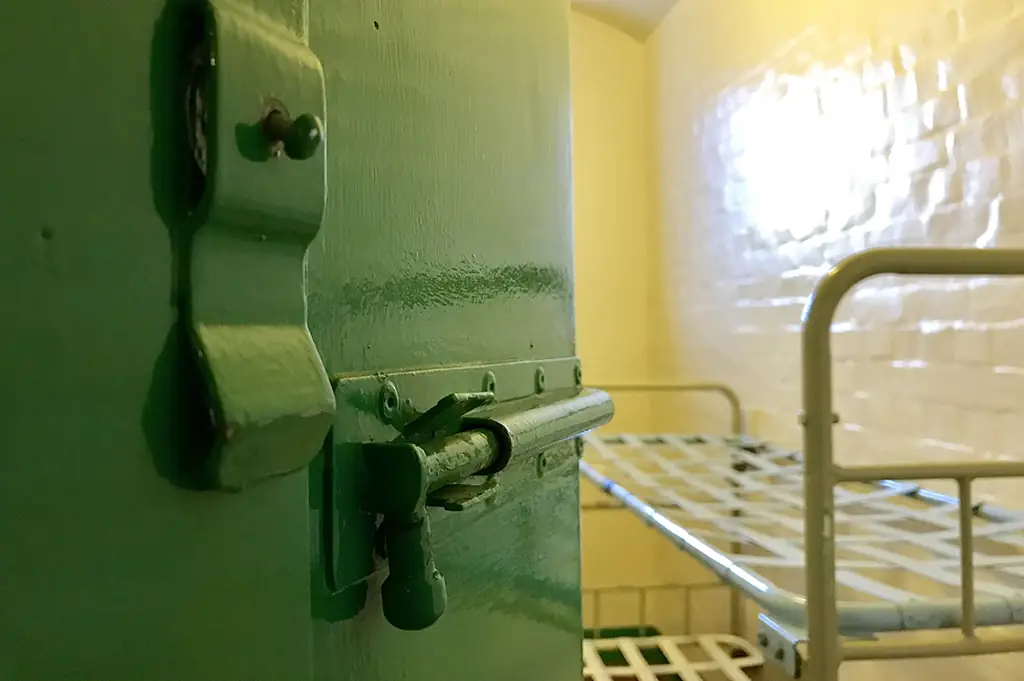A coroner has expressed concern over the lack of a national policy for medication held in prisoners’ possession, following the death of a prisoner after he acquired and consumed non-prescribed drugs.
In a ‘Prevention of future deaths report‘, published on 25 July 2025, Rachael Griffin, senior coroner for Dorset, reported that Sheldon Jeans — a prisoner at HMP Guys Marsh in Shaftesbury, Dorset — died after consuming the drugs in combination with illicitly brewed alcohol known as ‘hooch’, which, combined with his body posture, resulted in respiratory depression.
Griffin warned: “Prisoners can have access to certain medication to hold in their possession which could be accessed by other prisoners.”
In her report — which was shared with the health secretary, minister for prisons, governor of HMP Guys Marsh and chief executive of Oxleas Foundation Trust — she went on to highlight the lack of national policy around the governance of medication held in possession in the prison estate.
“The issues around securing of medication held in possession in a cell, and the onus being upon prisoners to return unused medication, carries a risk of prisoners accessing unprescribed medication,” she wrote.
“At the time of Sheldon’s death, he was not prescribed the medications found in his system and he had in his cell excessive amounts of medication he was prescribed and had previously been prescribed and discontinued.
“I am therefore concerned the lack of guidance and policy nationally, and locally at HMP Guys Marsh, on storage of in possession medication and what to do when a medication is discontinued to ensure prisoners do not continue to possess left over medication, could lead to future deaths.”
The report explained that when a person is prescribed medication in prison, it can either be taken under supervision or a prisoner can hold it in their possession in their cell.
Noting that a risk assessment is undertaken to assess the risks associated with both the drug and prisoner, Griffin said: “Whilst medications defined as controlled drugs would not be given in possession, it is possible to have medication that could cause death in possession.
“It is not known how Sheldon accessed the medication found in his system at the time of his death, other than to say he obtained it at HMP Guys Marsh.
“At HMP Guys Marsh, which may not be the case across the prisoner estate, a lockable cupboard is provided in cells for the storage of medication,” she added.
Evidence was given that cells can be left insecure when the prison is in a “state of unlock”, such as when prisoners collect meals or go for showers, meaning prisoners can go into each other’s cells.
“Medication in Sheldon’s cell at the time of his death was found insecure in a Tupperware container,” Griffin noted.
A spokesperson for the Ministry of Justice said: “We will carefully consider the coroner’s findings and will respond to the report in due course.”
